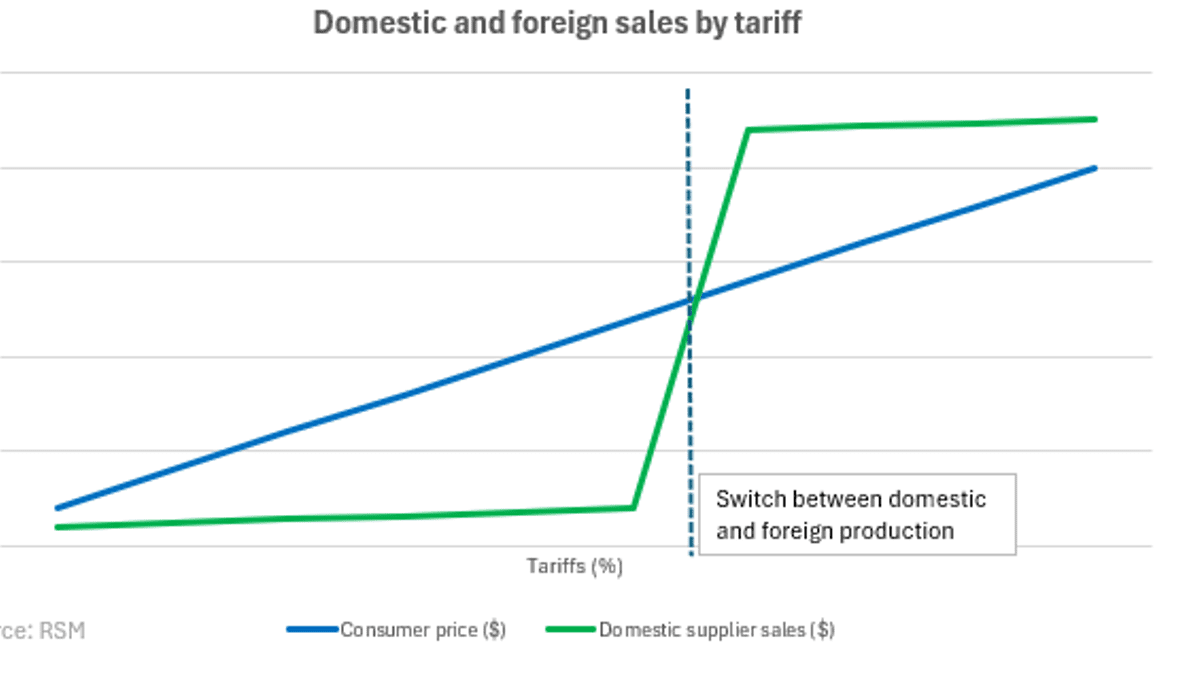
The following article is from the latest edition of LGA’s financial newsletter, “What Would Jeff Do?,” written by Jeffrey Levine, CPA, MST, our Director of Financial Strategies. If you have a general financial question for future newsletters, please submit them to Jeff. Enjoy this article? Subscribe to the newsletter here.
The Tax Cuts and Jobs Act (TCJA) of 2017 is set to sunset at the end of 2025, potentially reverting several key tax provisions unless Congress acts to extend them or make them permanent. Understanding these potential changes is crucial for effective financial and tax planning.
Key Changes from a TCJA Sunset:
- Individual Tax Rates: The current top tax rate of 37% is scheduled to increase to 39.6%.
- Personal Exemptions: Eliminated by the TCJA, these could return, impacting deductions for yourself, your spouse, and dependents.
- Standard Deduction: The TCJA doubled the standard deduction, reducing the tax benefit of itemized deductions. If the law expires, it may be beneficial to track and potentially bunch deductions like medical expenses, state and local taxes (SALT), charitable contributions, and mortgage interest.
- State and Local Taxes (SALT): The $10,000 cap on deductions for state and local taxes could be lifted, impacting those in high-tax states.
- Alternative Minimum Tax (AMT): The increased AMT exemption might be reduced, affecting more taxpayers.
- Child Tax Credit: This credit, which has undergone changes since 2018, could revert to lower pre-2018 levels.
- Corporate Tax Rates: The corporate tax rate could revert from 21% back to higher pre-TCJA levels, potentially affecting prices for goods and services.
- Pass-Through Business Deduction: The deduction available to owners of pass-through entities (like S corporations and partnerships) could be eliminated, impacting tax planning and profit margins.
- Estate Tax Exemption: The current exemption of nearly $13,000,000 per individual could drop to between $5,000,000 and $6,000,000.
Strategic Actions to Consider Now:
Given the potential for rising tax rates and other changes, here are some strategies to consider:
- Income and Deduction Timing: Consider accelerating income into 2025 and deferring deductions to 2026 to take advantage of potentially higher tax rates in the future.
- Investment Portfolio Review: Assess the timing of capital gains and losses. Delaying the realization of losses and accelerating gains might be advantageous.
- Estate Planning: With the potential reduction in the estate tax exemption, consider making gifts to utilize the current higher exemption levels. This is especially true for appreciated property that you may wish to retain within the family such as real estate or closely held businesses.
- AMT and Income Strategies: Review potential AMT triggers and consider strategies like investing in tax-exempt bonds to reduce taxable income.
Jeff’s Perspective on Tax Planning:
While it’s essential not to let tax law solely drive your investment or business decisions, it’s pragmatic to plan based on current laws. Congress’s actions can be unpredictable, but proactive planning can mitigate potential negative impacts. TCJA Sunset
LGA’s Commitment:
At LGA, we are committed to keeping you informed and prepared. We monitor legislative developments closely and will provide updates that could affect your financial and tax planning strategies. As always, we’re here to assist with navigating these complexities. For personalized advice and to discuss how these potential changes might impact your financial strategy, contact us today. We’re here to help you make the most informed decisions for your financial future.






